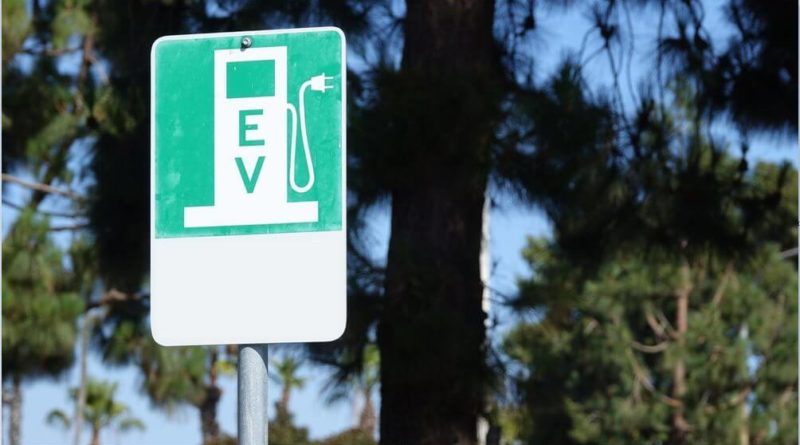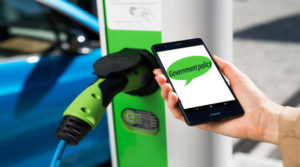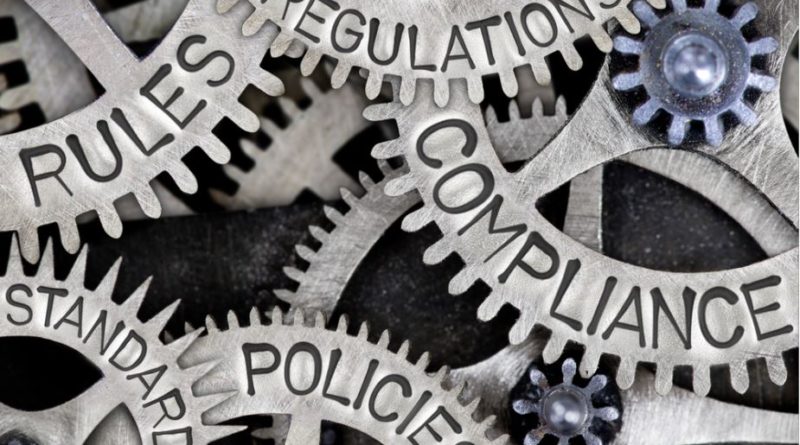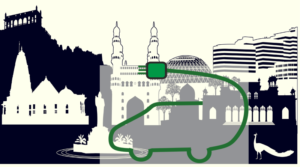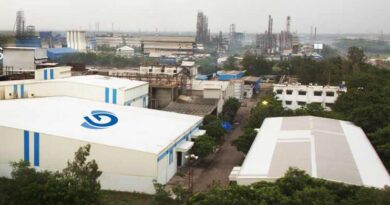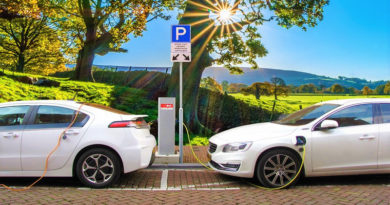Andhra Pradesh To Deploy 10 Lakh EVs, Stop Registration for ICE Cars Soon
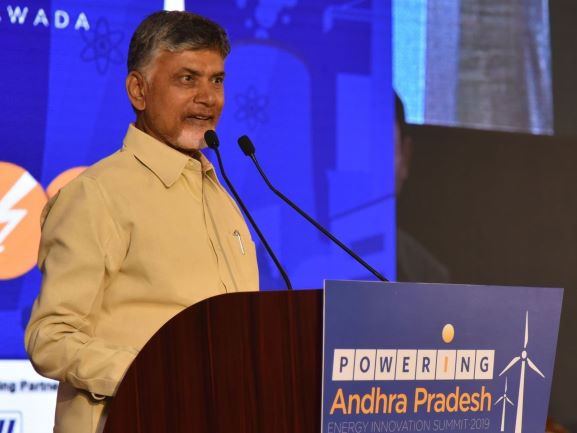
After Delhi and Kerala, Andhra Pradesh which rolled out its new electric vehicle policy. The AP government announced its new electric mobility policy, at the Andhra Pradesh Energy Innovation Summit 2019 held last week at its second biggest city, Vijaywada. The state, fast acquiring a reputation as one of the more, of not most aggressive state when it comes to attracting investments, has not held back on this too. Clearly intent on making up for the misses when it came to the wave of auto manufacturing, which mostly ent to Haryana and Tamil Nadu, the policy, if backed by a responsive state, could be a winner.
The AP government says that the roadmap of the new policy will attract a combined investment of over ₹ 30,000 crores and about 60,000 jobs.
The state government has also approved an additional R&D grant of ₹ 500 crores for EVs. Another major step taken by the Andhra government is to turn its planned capital Amaravati into an electric-only city. According to the policy, the government will stop new registration of cars that come with an internal combustion engine (ICE), however, there is no timeline provided for it yet.
Naidu said, “Amravati will be a carbon neutral city as the State government is developing an exciting ecosystem that provides a market for innovators. In a matter of time, Andhra Pradesh will become a global hub for innovation. We invite the world to come and innovate here.”
As part of the new policy, the Andhra Pradesh government also aims to have 10 lakh electric vehicles across all vehicle segments in the state, by 2024. This will include all the private as well as public transport vehicles. To achieve the task, Chandrababu Naidu-led government said that it aims to convert the entire fleet of Andhra Pradesh State Road Transport Corporation (APSRTC) into electric, which is over 11,000 buses at the moment. Also, all government vehicles, including under Government Corporation, boards, and government ambulances, will be converted to electric vehicles by 2024. The government also aims to have 1 lakh slow and fast EV charging stations installed by 2024.
Key Points:
- Setting up of 18 GW of renewable energy capacity by 2022
- Reducing transmission and distribution losses to less than 3%
- Ensuring 10 lakh (1 million) electric vehicles on the road by 2023, attracting an investment of Rs30,000 crores (~ USD 4.5 bn)
- Ensuring 24*7 reliable power supply for all domestic, commercial and industrial users by 2019
- Rolling out energy efficiency measures to save 12000 MU of electricity annually
The policy also addressed the financial incentives for private charging stations and hydrogen generation and & refueling infrastructure. As per the new policy, the government will offer:
- A 25 percent capital subsidy of the value of the charging station equipment and machinery.
- The subsidy will be up to a maximum of ₹ 10 lakh for charges that are 100V and above, for the first 100 stations and ₹ 30,000 for chargers that are less than 100V, for the first 300 charging stations.
- Other incentives include – 25 percent subsidy up to ₹ 10 lakh for first 50 battery swapping stations, and 100 percent reimbursement of state GST on the purchase of fast chargers and advanced batteries for EV battery swapping.
- The government will also be offering 25 per subsidy up to ₹ 10 crores, on fixed capital investment for the first 10 hydrogen generation and fuelling plants.
The policy announcement was appreciated by the industry leaders like Mahindra & Mahindra and sources at EESL, who opine that incentives like these will deliver the demand for electric vehicles in the state in the future.

